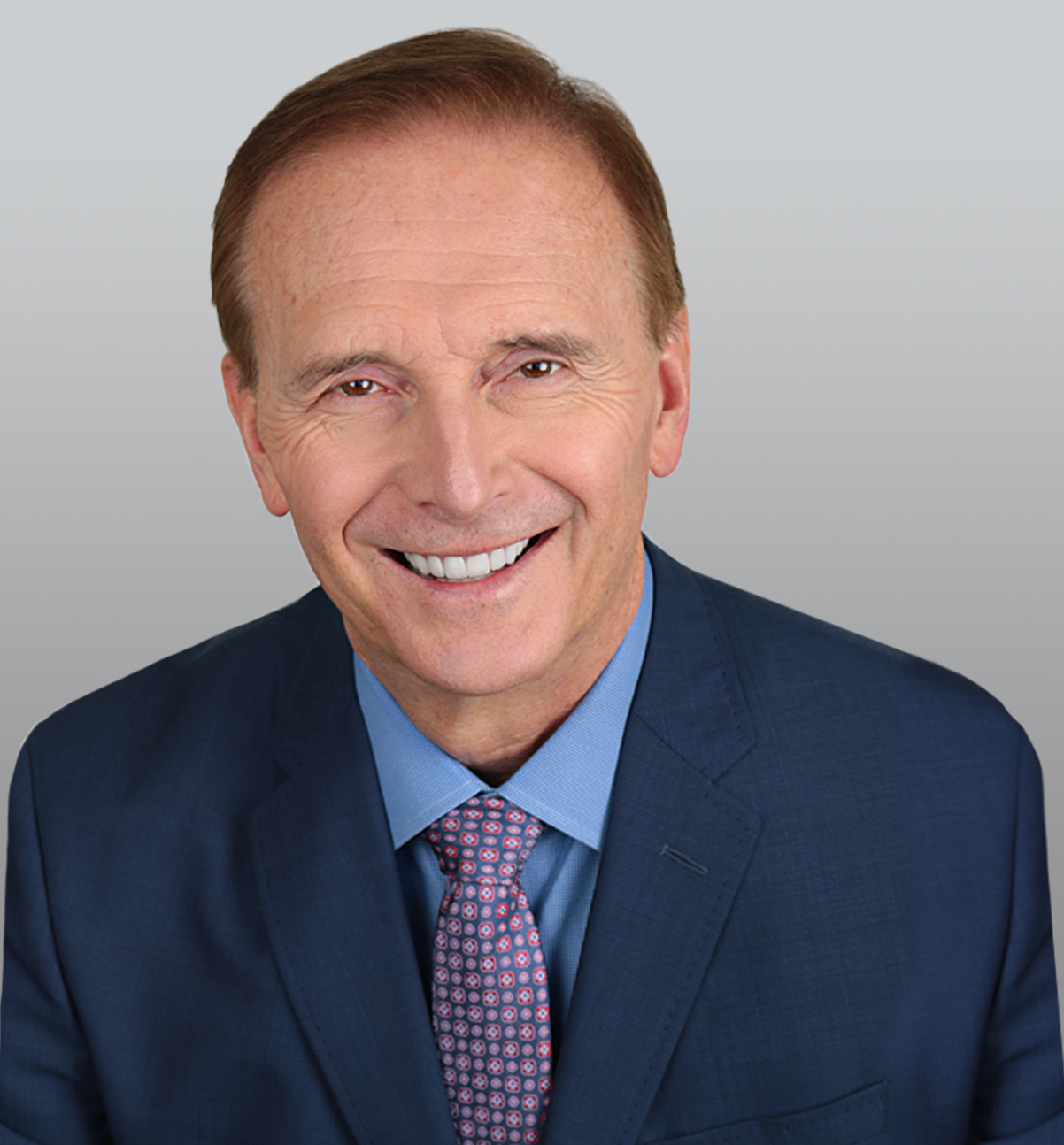5 Critical Skills Leaders Can Embrace During Difficult Times
One of my most important roles as a leader is to serve as a champion and vocal proponent of physician and care team wellness and well-being. It is of the utmost importance that I do everything in my power to advocate on behalf of and to care for, those who care for us – especially now, when physicians and other essential workers have been adjusting, adapting, taking on new responsibilities, working longer hours, and making other personal sacrifices due to the COVID-19 pandemic.
At any given time, burnout in the medical profession is a very real, very serious concern. Compounding the stress and mental toll that puts physicians at risk is the additive stress of the ongoing uncertainty we are living through. Questions about vaccines, PPE, herd immunity, the economy, and the disproportionate impacts of COVID-19 on communities of color abound.
I know that the only way we can deliver on our mission of providing high quality, affordable, equitable, accessible, and compassionate health care to the members and communities we serve is if we take care of our own people. I have witnessed firsthand the devastation that unaddressed and unacknowledged fatigue, stress, and dissatisfaction can have on people’s lives. When you consider that physicians have the highest suicide rate of any profession, it should be little surprise that the issue of burnout is so serious and personal to me.
As leaders – in healthcare and in any industry – we can help mitigate burnout by committing to five key actions I’ve learned from wellness advocacy work: listening, communicating, accelerating innovation, enhancing support through system redesign and investment, and practicing gratitude.
Listen
Heed the questions and concerns of your workforce. Since the start of the pandemic, I and other leaders have hosted regular virtual town halls for physicians and health care teams. People call in with questions about COVID-19 and our content experts provide valuable information for their colleagues. We also hosted listening sessions focused on addressing systemic racism. I have appreciated the courage and vulnerability of my Black and Latinx colleagues who share their experiences of discrimination and racism, and these learnings are informing the actions we take. It is essential that our colleagues are seen and heard; that they know their stories and experiences matter and will help inform meaningful and impactful change.
Communicate
It’s important to respond rapidly to concerns that our teams express, so they know their leaders hear them and are focused on what matters to them, including keeping them safe. Kaiser Permanente leadership communicated immediately that we were following infectious disease protocols, securing PPE, and taking additional measures to protect staff as well as patients. We have continued the dialogue with ongoing communications on topics related to COVID-19. We are also communicating internally and externally that our health program stands with those fighting for equity and social justice, and that the stories, wisdom, and advice of our people inform the actions we take.
We continue to emphasize the importance of our care teams’ personal wellness, offering supportive tools and resources to them. It is also essential to always clearly communicate the “why.” I love the quote “if you have the same information I have, you will make the same decisions I do. Or at least understand why those decisions are made.”
Accelerate innovation
Problem-solving during the pandemic calls for accelerated innovation by repurposing knowledge, technology, and resources. With a foundation of listening and communicating in place, innovation can happen even more rapidly because you have already encouraged open dialogue to bring the best and brightest ideas forward. Another quote I love is “creativity loves constraint.” New challenges can breed new solutions.
For us, this means that physicians in quarantine or carrying home responsibilities can provide care via telephone or video. With technology, they can also help manage other colleagues’ inboxes and phone calls. Specialists can be redeployed to increase the number of available physicians. We can redistribute talent and provide the opportunity to enhance skillsets for some while providing a much-needed break for others. We’ve already implemented changes to how we deliver care that will have a lasting impact for the future of healthcare. Ultimately, it is about supporting the powerful marriage of innovation and interdependence.
Enhance support systems and systems of care
Providing mental health and other resources can help relieve anxiety and reduce the stigma associated with seeking help, while peer-to-peer support, counseling after traumatic events, and meditation apps can help physicians and staff tend to their own physical and mental health. Additional benefits for working parents, such as employer-provided child care credits, can also help relieve stress. System re-design is key. Understanding where the “hassle factor” exists in the systems in which our colleagues work is essential. As leaders, we must work diligently to make it easy to do the right thing; remove waste, inefficiency, and redundancy; enhance autonomy; and help restore joy to the practice of medicine and the workplace.
Practice gratitude
During times of turmoil, stress, or sadness, we are often reminded to “count our blessings.” I have talked and written about gratitude extensively because practicing gratitude is a simple yet effective evidence-based way to improve mental health, keep depression at bay, improve the immune system, support resilience, and positively impact the extent of burnout in healthcare.
It’s easy to share information about the benefits of practicing gratitude with your teams, and culture is contagious. Promote your organization’s core mission, vision, and values. Share your personal calling stories, reminding ourselves and each other about why we choose to do what we do. While it might not be possible for people to feel inspired every single day, practicing gratitude improves perspective and helps us all stay engaged, even when times are tough.
Leaders have a pivotal role to play in mitigating burnout by leveraging skills and strategies that create a safe, productive, and healthy workplace that gives meaning to what we do. When modeled, lived, and applied consistently, these skills help unite people, build resilience, and overcome the challenges that confront us.
At the end of the day, it’s about taking care not just of ourselves but each other.
Edward M. Ellison, MD, is Executive Medical Director and Chairman, Southern California Permanente Medical Group and Chairman and Chief Executive Officer, The Southeast Permanente Medical Group. He also serves as co-Chief Executive Officer, The Permanente Federation, the leadership organization for the eight Permanente Medical Groups whose more than 23,000 physicians serve more than 12.4 million Kaiser Permanente members and patients across the United States.


